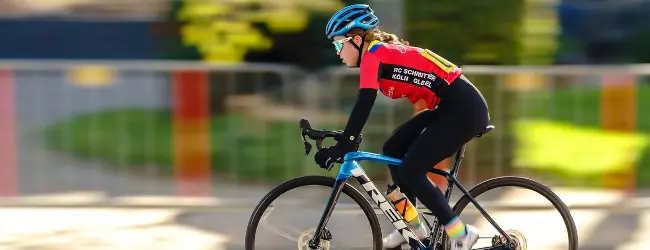In the previous article (this article), I explained how to make decisions without hesitation. Clear criteria and strict judgment make our activities easier.
That made me realize how to find curiosity and rewards more efficiently. Today, let’s talk about it.
How to find our curiosity and rewards
Sometimes, we want to find our curiosity and rewards more efficiently. Both provide their own benefits.
There are two kinds of activities, as follows:
- Activities aimed at obtaining results: We work patiently to achieve our goals. We desire the rewards.
- Activities that are enjoyable in themselves: We have fun with them. We want curiosity and growth.
Both enrich us. It means that whichever we choose, our lives should improve, even gradually.

The former progresses our lives with proper results. These results motivate us. The latter makes us enjoy our lives and grow our skills. Our growth leads us to a better result. Either way, we will get more abundant.
If we want more curiosity and rewards, it means that we are not doing well in either activity.
That is why we want to find our curiosity and rewards efficiently.
Rationality gives us an answer. It tells us that appropriate predictions improve our lives. Today, I will explain this logic.
Why do we predict?
If we want to improve our lives rationally, we need to focus on appropriate predictions. They continuously provide us with curiosity and rewards.
To explain it, let’s look at the cases separately.
We begin an activity to gain something. It means we are already predicting something. The only difference is whether we wish for the result or the enjoyment of the process.

The results can be separated as follows:
- In case of expected results: There is no problem.
- In case of unexpected results: We need to look at them in more detail.
If we have expected results, that is fine. It improves our lives.
However, there are cases of unexpected outcomes. Let’s focus on them.
The meaning of an unexpected result
In case of an unexpected result, we can divide it as follows:
- We sought a result but did not obtain it. We should stop it immediately.
- We sought a result but found it unexpectedly enjoyable. It means that we found curiosity. We can switch it to fun.
- We wanted to enjoy it but could not. We should stop it immediately.
- We wanted to enjoy it but found it gives unexpected rewards. It means that we found results. We can switch it to obtain rewards.

For example, we might begin to play the guitar for fun. Then, it turns out not to be joyful. It means we need to change something. If it has no results, we should stop it immediately. If it yields unexpected rewards, we can change the goal. We do it for profit.
There may be the opposite case as well. We might reluctantly start an unpleasant job. However, when we try it, it is surprisingly interesting. You might have experienced events like this.
Our predictions are not always correct, for better or worse.
Using the unexpected efficiently
These cases tell us the unexpected can give us curiosity and rewards. In other words, failure is not entirely a negative thing.
The problem is not failure. It is a matter of the appropriate judgment of whether to give up or change direction. Either way, we change something. The misjudgment takes away our new curiosity and achievements.
One example of misjudgment is positive thinking. It makes us lie to ourselves. It doesn’t change anything. We make excuses and continue doing the same thing. In other words, positive thinking is irrational.

If we become rational, we can try it in small parts. There is no need to start big. We may also obtain unexpected results. Considering stopping or changing direction is also part of the predictions. It is easier to make adjustments when they are on a smaller scale.
Even if we don’t know what to do, we can try many things without prejudice. Unknowing what to do means we don’t know much about the world and ourselves. Then, we just try various things.
We don’t need to hesitate at failure. It can provide us with curiosity and rewards.
Conclusion
That is the logic of finding curiosity and rewards.
Appropriate predictions, including failure, continuously provide us with them.
That might improve your lives.
Thank you for reading this article. I hope to see you in the next one.


